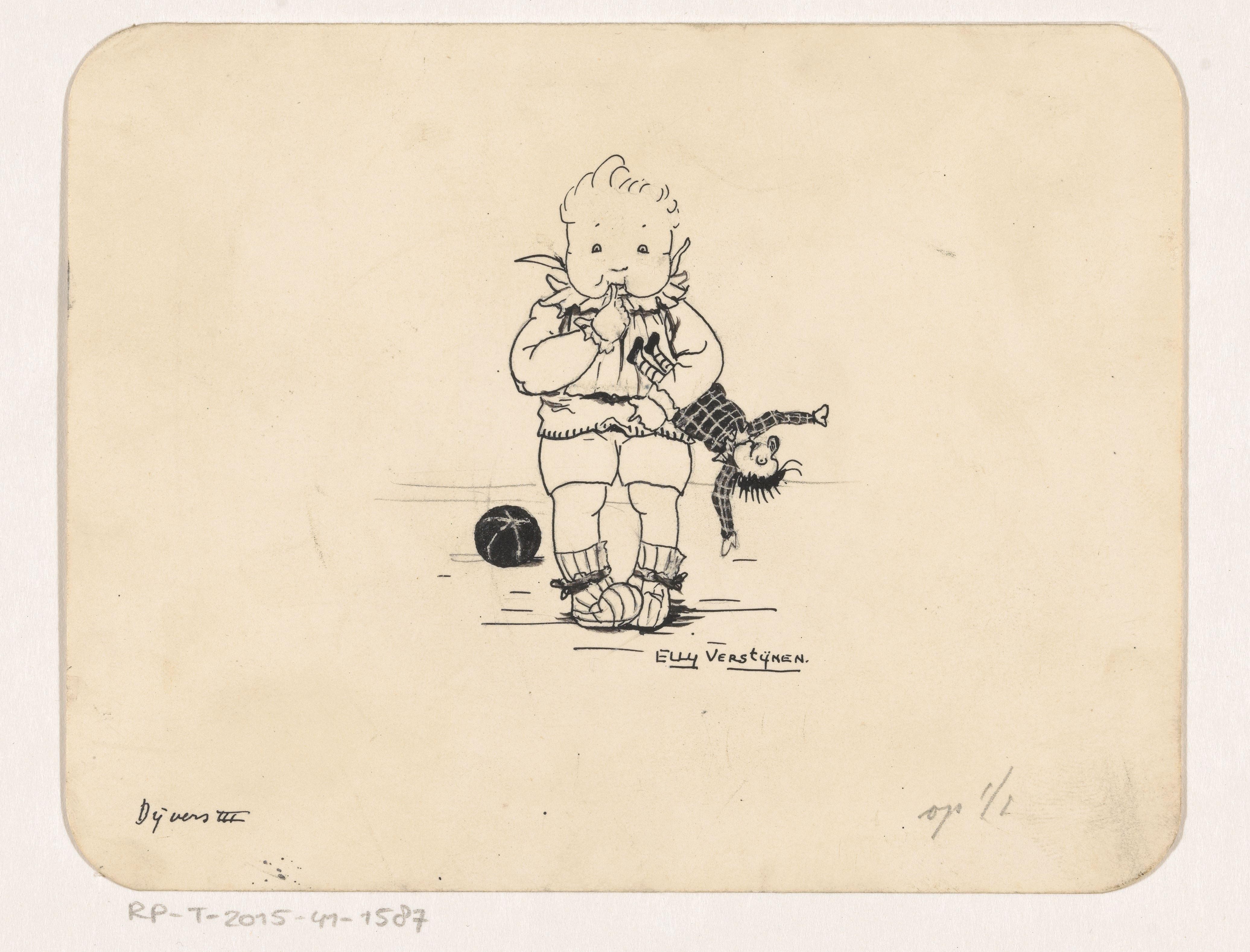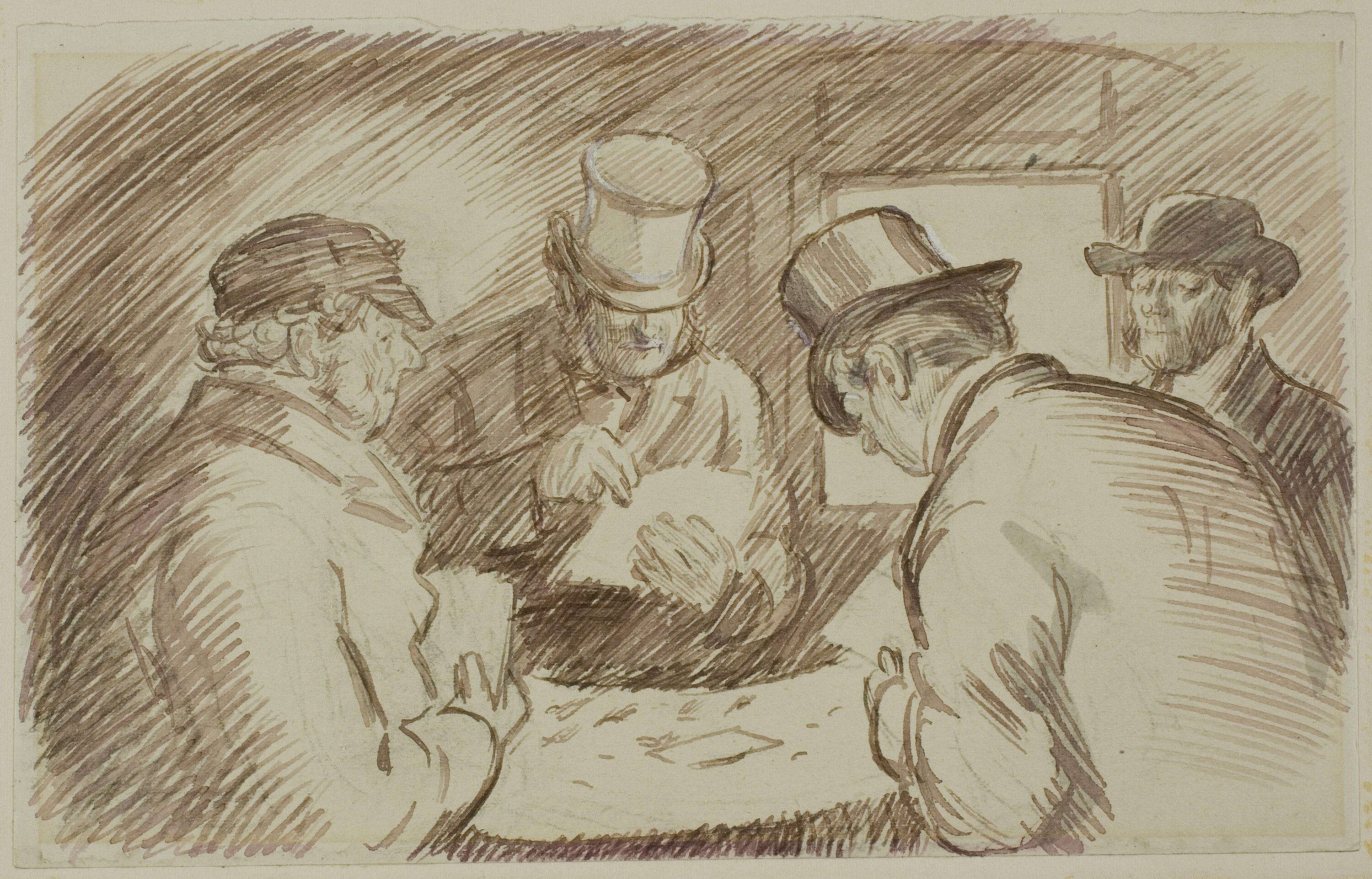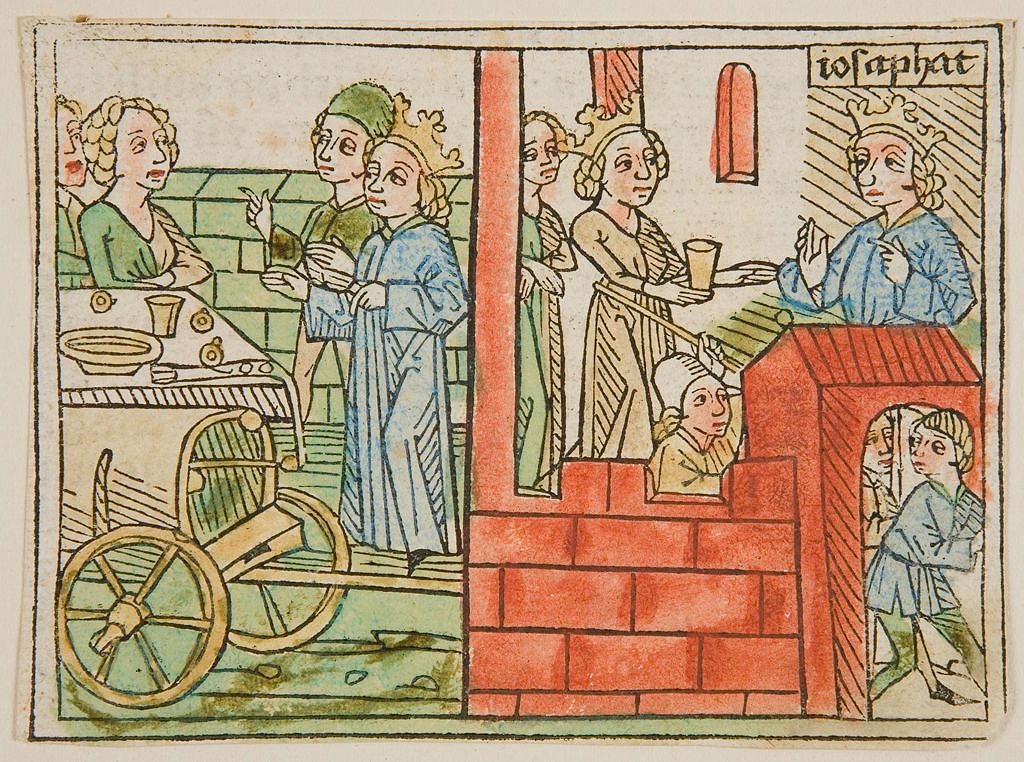Career

Cornelis van Poelenburch: The Expulsion from Paradise (after c. 1646)
“Maybe the future will insist that we stay in the garden …”
©2022 by David A. Schmaltz - all rights reserved
At nineteen, I was confident about who I wanted to be when I grew up. By the time I hit twenty-five, that certainty had abandoned me as surely as I had abandoned my first and only Career. After that, I wandered this world careerless, without a defined profession, a professional without an explicit portfolio. Had I gone on to pursue a Master's Degree, I might have finally come to adopt a professional identity. Because I hadn't, I became a generalist, a B-school graduate without a specialty. Unsurprisingly, I gravitated toward the work reserved for people like me. I found myself not so much attracted to, but conscripted into the ranks of project workers, matrixed into various roles depending upon the situation, a utility player without a formal position. I later gravitated into project leadership, then project management, but that's no career. It's more of an adjunct association with an organization, existing only for a duration and not forever like a regular role. I became management with a tenaciously small 'm'.
I searched for an association of project people, but when I found it, I refused to join because it didn't seem true to any principle. I referred to it as The Association For The Prevention Of Project Management, and I meant it. It wasn't like The Bar or like any other professional association. It promoted something other than principles or ethics and adopted a curious definition of itself. It might have been that after so long, freely floating around the organization, I took umbrage at the notion that I should associate myself too closely with any professional perspective. Choosing a career had seemed like an expulsion from the Garden of Eden, where I could imagine myself unfettered by limiting definitions and open to exploring as broadly as I dared. My inability to decide upon a Career might have disclosed a personal immaturity, the Peter Pan still thriving inside me, dedicated to never growing up.
Perhaps it's not so much that I never figured out that second time what I wanted to be when I grew up, but that I could never quite grasp the possibility that I might ever actually grow up. There was too much territory left to explore to commit myself to any specific aspect. I dedicated myself to remaining a jack of many trades and, consequently, the master of none. I created a workshop titled Mastering Projects when I was hardly a master of projects myself. I came to wonder if anyone could ever really master projects. I feel reasonably confident now that no one could possibly master projects. I, by default, chose a career nobody could master. I only needed to determine how to gauge my success within that.
As with many paths people take in life, success and failure might not be easily derived. There's an aspect of a missing context involved. It might be that absent a career context; success becomes a meaningless metric, incalculable by any method. There's nobody sharing the context the careerless inhabit, so there's nobody to award a gold watch on retirement, no committee sitting in judgment, no method by which the incumbent might be deemed distinguished. He might even lack co-workers if he was a sole proprietor. The complete assessment of success or failure could get lost in rounding and become irrelevant. A few stories might survive encounters with the client. A quiet satisfaction, roiling disappointment, or even both might prevail after a lifetime of engagements.
Current estimates suggest that anyone entering the job market reasonably anticipates engaging in seven different careers. Careers no longer extend from beginning clear through to the end of a working life. Whole industries get born and evaporate in less than a decade. Whatever one chooses as their first career will almost certainly not take them through to retirement through no fault of anybody but the market. It might be and probably was a gift that I couldn't choose who I wanted to be when I grew up, or if I even agreed to eventually grow up and out of some former me. This might be the pattern for the future, and one perhaps determined to garble whatever we might imagine Success to become. Maybe the future will insist that we stay in the garden and never choose to limit our options by becoming anyone.
—————
Utterly Reframes This Enquiry
I admitted this writing week that I was struggling to make sense of this Success Series and didn't feel as though I understood my topic. I am certainly no expert, no professionally successful exemplar. This context might render me uniquely worthy of exploring the subject, but not through any depth of experience. I even admitted this week that earlier in my work life, I swore I would avoid Success like a plague. I will probably never write any stories like the ones most commonly found filed under Success, where some retired executive recounts his cleverer good old days, as if those might serve as templates for anyone following along behind. There always seems to be an insistence embedded within those types of stories that the reader keep their distance, at least a few steps back and hopefully several more, to preserve the storyteller's superior position in the pecking order. Those stories might not so much spur success but envy. I'm reasonably confident that my stories won't. My friend August Mohr posted a Herodotus quote: "The secret of Success is not that it's the absence of failure, but the absence of envy." I love how this idea utterly reframes this enquiry.
—
Elly Verstijnen: Jongen met pop [Boy With Doll] (c. 1900-1930)
I began my writing week by considering the forebears of my successes and my experience with weary Suckcess choices. "Each of my successes have emerged from some earlier Suckcess I eventually rejected but never fully abandoned."
Master of the Die:
Venus Ordering Psyche to Sort a Heap of Grain (1530/40)
I wrote about the common choice point after a choice gets made, where one might opt out of an earlier option in favor of a different one in TheOrDeal. "It's true that choosing to continue does, indeed, preserve the potential for success, but it also preserves the potential for failure. It always feels like a devil's deal …"
Jack Gould: Untitled [door to door salesman talking to woman] (1950)
I explained how I transcribe some of my work and need to talk myself into finishing other parts in TalkingInto. "I engage in a paradoxical activity, a variation on the Be Spontaneous Paradox where I'm somehow supposed to deliberately engage unselfconsciously."
Charles Samuel Keene: A Game of Cards (1870/91)
I considered *TheGames one plays in hopes of finding Success, creating the most popular posting this period. " … success might largely depend upon how well-suited one seems to whatever game they engage in."
Jacob Hoolaart, after Adriaen Brouwer:
Man met een geldzak [Man Holding Moneybag] (1723-89)
I confessed to feeling conflicted with this Success Series and to experiencing FeelingsOf impending failure. "If I cannot quite agree with myself on the primary term I'm using, of what use might my commentary ever become?"
Anonymous Germany (Augsburg): The Rich Man
- Scene from the Story of Jehosophat and Barlaam (1476)
I introduced the idea that Success might be a function of the ExplanatoryStory one concocts to describe their experience. "What could be a better cure for an ailing storyteller than the prescription, physician: tell yourself a better story?"
Alexander Voet: The Old Fool and His Cat (17th Century)
I ended my writing week, confessing that I'd earlier committed myself to not becoming successful after perusing the success literature and encountering what I labeled SuccessThink."My perusal of the literature convinced me that Successful might be the very last thing I ever wanted to become."
—
I might be exhibiting another case of The Normals as I stumble into this latest series. I admitted to my misgivings and still proceeded. I have been thinking that this trajectory might better represent the actual process of coming to terms with a concept than one that starts with my arms already securely embracing it. Perhaps this topic might be worth initial confusion. I also should be careful in how I imagine denouement. My target could determine whether this inquiry ends as a Success or a failure. And would it not be delightfully ironic if I ended up judging my Success series as a failure?
Maybe Success must first be a Suckcess, then pass through another Or Deal and into the usual Games filled with FeelingsOf to discover some superior ExplanatoryStory, all to avoid falling into SuccessThink. Hard to feel envious of such a process, isn't it?
Thank you for following along!


